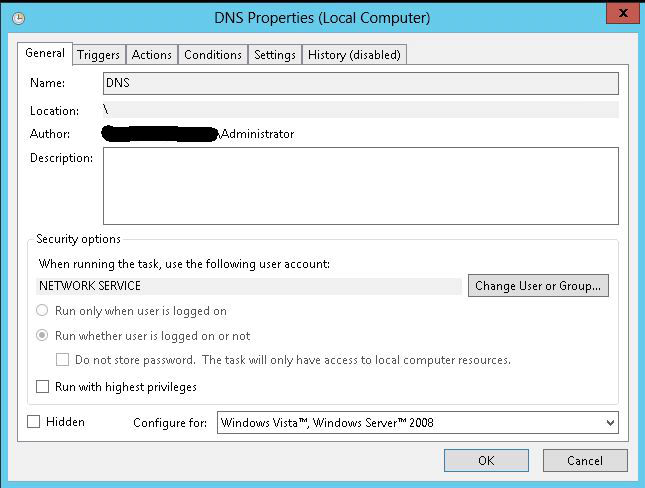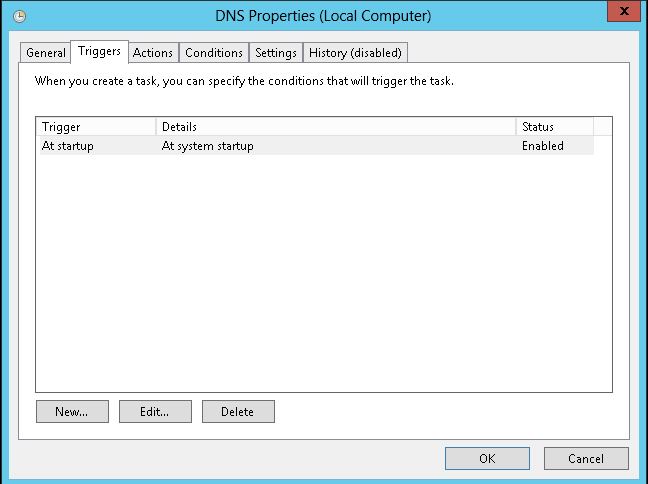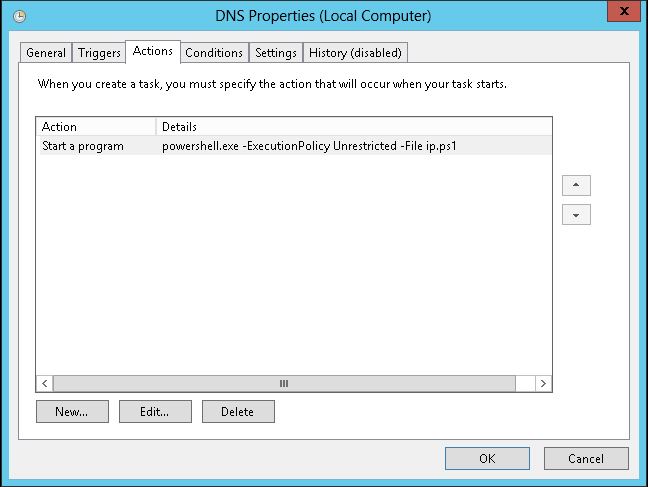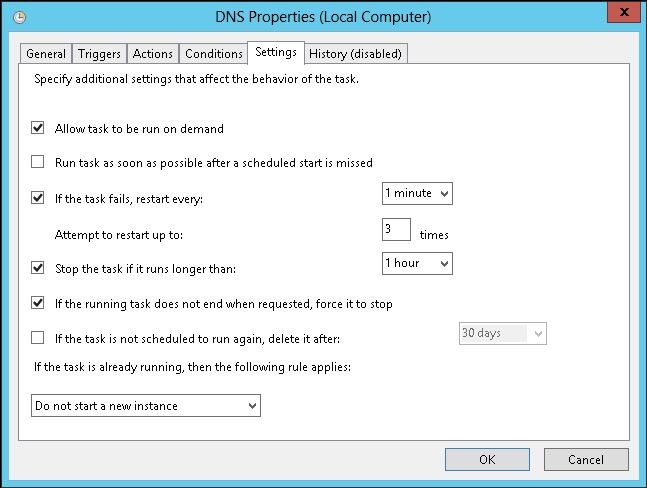February 9th, 2015
Have you found you can't connect to your Raspberry Pi running OpenELEC even
though SSH is enabled? This happened to me, so I thought I'd write down what
happened in case anyone else does the same thing. It actually took me quite a
while to work out.
Around the time of the first release of Kodi, I was running OpenELEC 4.2.1 on my
Raspberry Pi. I use USB drive for storage to speed things up because I have an
average SD card. Unfortunately I forgot to turn of auto updates for add ons, and
some of them auto updated to Kodi versions and broke. Rollback didn't work. So
when OpenELEC 5.0 was released, I thought I'd do a fresh install. I formatted my
SD and USB and imaged them. But even though I could successfully go through the
OpenELEC installer, I couldn't connect over SSH!
Turns out when I formatted the USB, I accidently formatted it FAT32 instead of
ext4. This meant that the SSH process couldn't create the key files because
FAT32 doesn't support the right permissions model. It took me a while to figure
this out, especially without being able to SSH in... Luckily OpenELEC makes log
files accessible via Samba if you enable that. Once I formatted the USB drive
ext4, everything worked perfectly!
Tags:September 24th, 2014
I've been wanting to do some native development on Windows, and it's actually been
quite a while since I've had a Windows machine in my house. So, to the cloud! AWS
lets you rent machines by the hour, with a service called EC2.
The new T2 instance types
seem to be just what is needed for this project - they've got a cool system while
when the box is idling, they build up CPU credits, which can then be used when CPU
bursts are needed. Because most of the time the machine will be idling while I'm
typing and thinking, it will build up credits and compiling will burn through them.
I don't want to leave the machine running when I'm not using it, and I don't want
to pay the extra for an Elastic IP - I'm trying to keep this as low cost as possible.
This means that the public IP changes every time the machine starts, which is a
minor inconvenience, I wanted to assign a subdomain to this machine to make RDPing
easier. I host my DNS with dnsimple and they have an API.
So I whipped up a Powershell script which runs on boot that uses the dnsimple API
to update the DNS for the machine.
$ip = Invoke-RestMethod -Method Get -Uri "http://icanhazip.com/"
$body = @{ record = @{ content = $ip } } | ConvertTo-Json -Compress
Invoke-RestMethod -Method Put `
-ContentType "application/json" `
-Headers @{
"X-DNSimple-Domain-Token" = "YOU_TOKEN_HERE";
} `
-Uri "https://api.dnsimple.com/v1/domains/YOUR_DOMAIN_HERE/records/YOU_RECORD_ID_HERE" `
-Body $body
I've got it running from an Windows Scheduled Task that runs on startup. You've
got to make sure the task runs as "Network Service" and set it to run before a
user logs on. I also configured it to try 3 times if it fails, just in case the
network takes a bit to come up. Works really well! Here are some pictures of the
Scheduled Task configuration for reference.




Tags:September 17th, 2014
I've been working on a new project on the bus, using the new Cloud9 IDE.
It's in C++ using boost. I'm experimenting with using GYP
to build boost and using a git submodule
to include a specific version of boost from the boost github superproject.
So far this approach is working well, but there is one problem: the history of
the boost superproject is quite large. I was getting pretty close to the disk space
limit of my Cloud9 workspace (1.5GB quota, 32MB remaining), and was getting a little red warning
banner at the top of the screen every time I loaded it. But yesterday when I loaded my
workspace, I got a migrating screen. When it finished, I didn't get a warning.
Sure enough, when I checked quota -s the results were as below:
Size Used Avail Use%
4.7G 1.4G 3.2G 30%
I checked and I couldn't find any announcements about increased disk space, so
I'm not sure what the deal is, but I'm certainly not complaining! Thanks Cloud9!
Tags:


